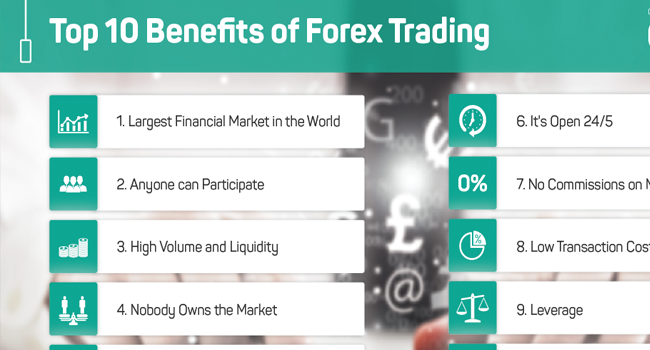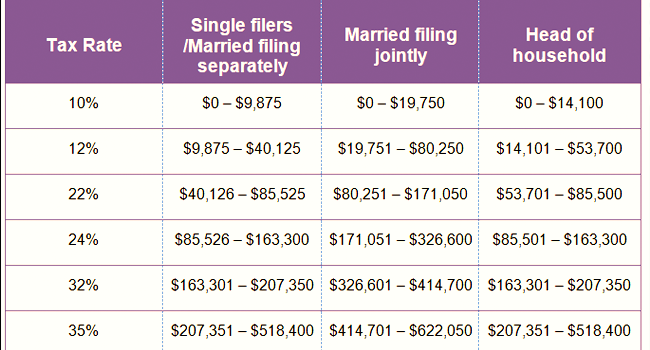The Most Common Forex Trading Myths Debunked
However, like any other financial market, forex trading is not immune to myths and misconceptions.
Myth 1: Forex Trading is a Get-Rich-Quick Scheme
Many people are attracted to the forex market by the potential for high profits, but it’s crucial to understand that success in forex trading requires education, experience, and discipline. Successful forex traders spend years honing their skills and developing a deep market understanding.
Myth 2: Forex Trading is Gambling
Some critics argue that forex trading is akin to gambling, involving risk and uncertainty. However, this myth oversimplifies the complexities of the forex market. Unlike gambling, Forex trading allows for comprehensive analysis, risk management strategies, and informed decision-making. Successful traders rely on technical and fundamental research to make informed predictions about currency movements, minimizing the element of chance.
Myth 3: You Need a Large Capital to Start Trading
Contrary to popular belief, you don’t need much capital to start trading forex. While having more money can provide flexibility and cushion against losses, many brokers offer the option to start with a relatively small investment. This is known as leverage, which allows traders to control more prominent positions with less capital. However, using leverage responsibly is crucial, as it amplifies potential losses.
Myth 4: Trading Robots Ensure Guaranteed Profits
Some myths suggest that using these robots guarantees profits without any effort on the trader’s part. In reality, trading robots are tools that require careful consideration and monitoring. Market conditions can change, and relying solely on automated systems without understanding their underlying strategies can lead to significant losses.
Myth 5: Forex Trading Is Only for Financial Experts
While a background in finance or economics can be beneficial, it’s a myth that only financial experts can succeed in forex trading. Many successful traders come from diverse backgrounds, and with the availability of educational resources, anyone with dedication and a willingness to learn can grasp the fundamentals of forex trading. Continuous education, practice, and being informed about market trends are critical for success.
Myth 6: Trading on News Is Always Profitable
Some traders believe trading based on news events is a surefire way to profit. While news can influence currency prices, it’s essential to understand that markets can react unpredictably. The impact of news depends on various factors, including market expectations and the overall economic context. Only trading on the news with consideration of these factors can lead to losses rather than gains.
Myth 7: The More Trades, the Better
Another common misconception is that trading frequently increases the chances of making a profit. In reality, quality matters more than quantity in forex trading. Successful traders focus on high-probability trades and exercise patience. Overtrading, driven by the desire to be constantly active in the market, often leads to poor decision-making and increased transaction costs.
Myth 8: Technical Analysis Is Foolproof
Market conditions can change, and unexpected events can disrupt established patterns.
Myth 9: Forex Trading Requires Constant Monitoring
While staying informed about market developments is crucial, it’s a myth that forex trading requires constant monitoring. Many traders have full-time jobs or other commitments and can only dedicate part of the day to trading. Limit orders, stop-loss orders, and automated trading systems allow traders to set predefined levels and automate certain aspects of their trading, reducing the need for constant monitoring.
Myth 10: Only Big Banks and Institutions Profit from Forex
Some believe individual traders are disadvantaged compared to big banks and financial institutions. While institutional traders may have access to significant resources, individual traders can still profit in the forex market.
Myth 11: Forex Trading Is Only for Full-Time Professionals
There’s a misconception that successful forex trading is only achievable for those who make it their full-time profession. While some traders choose to trade full-time, many others successfully combine forex trading with other careers or commitments.
Myth 12: Past Performance Guarantees Future Success
Assuming that past performance indicates future results is a dangerous myth in forex trading. Market conditions are dynamic and subject to change due to various factors, including economic events, geopolitical developments, and shifts in sentiment.
Myth 13: You Can’t Make Money in a Falling Market
Short selling or selling a currency pair with the expectation that its value will decrease allows traders to capitalize on downward market movements. Understanding how to navigate both bullish and bearish trends is essential for a well-rounded and successful trading strategy.
Myth 14: Forex Trading Is Only About Technical Analysis
While technical analysis is a valuable tool, it’s a myth that forex trading is exclusively about studying charts and indicators. Fundamental analysis, which involves examining economic indicators, geopolitical events, and central bank policies, is equally important.
Myth 15: Trading Requires Complex Strategies
Some traders believe that successful forex trading necessitates intricate and complex strategies. While there are sophisticated trading strategies, simplicity can be just as effective. Successful traders employ straightforward strategies based on clear indicators and risk management principles. Overcomplicating a trading strategy can lead to confusion and poor decision-making, emphasizing the importance of keeping things simple and focused.
Myth 16: Demo Trading Guarantees Success in Live Markets
While demo trading is essential for beginners to practice and familiarize themselves with the trading platform, it’s crucial to recognize that live market conditions involve real emotions and financial risks. Transitioning from demo to live trading requires a psychological adjustment, as the emotional aspect of risking real money can impact decision-making. Traders should approach live trading cautiously and start with more minor positions to manage risk effectively.
Myth 17: Forex Trading Is Always Stressful
While forex trading can be challenging and involves inherent risks, the myth that it is always stressful oversimplifies the experience. Successful traders develop effective risk management strategies, maintain a disciplined approach, and understand that losses are part of the trading process. By adopting a calm and rational mindset, traders can mitigate stress and make more objective decisions in the face of market fluctuations.
Myth 18: All Forex Brokers Are Untrustworthy
There’s a common belief that all forex brokers are untrustworthy and engage in fraud. Regulated brokers adhere to industry standards, providing security and protection for traders. By selecting a trustworthy broker, traders can enhance their overall trading experience.
Myth 19: Trading Is a Solitary Activity
While trading can be an individual pursuit, it’s a myth that it’s a solitary activity. Traders often benefit from sharing insights, experiences, and strategies with fellow traders. Engaging in trading communities, forums, and educational events provides opportunities for learning and networking. Collaboration can offer different perspectives and help traders stay informed about market developments.
Myth 20: Forex Trading Is Rigged
There’s a misconception that the forex market is rigged against retail traders, favoring institutional participants. In reality, the forex market operates on a decentralized and transparent platform. A multitude of factors influences price movements. Market manipulation can occur, but it is not systemic. Traders should focus on developing their skills, staying informed, and adapting to market conditions rather than attributing challenges to an alleged rigged system.
Conclusion: Navigating the forex market requires a realistic understanding of its complexities and a commitment to continuous learning. By debunking these common myths, traders can approach forex trading with a more informed and strategic mindset, increasing their chances of long-term success. Remember, there are no shortcuts to success in forex trading—education, discipline, and experience are the keys to mastering this dynamic market.


